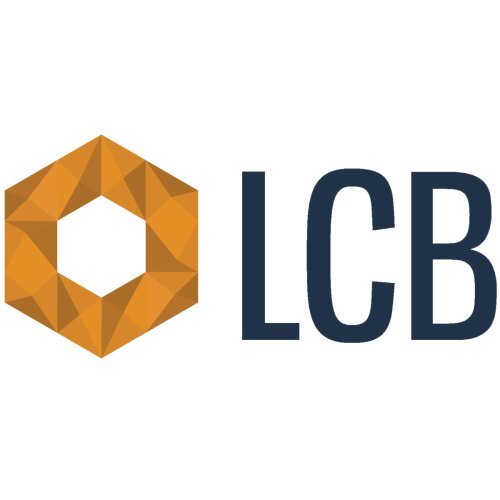Best Citizenship Lawyers in Copenhagen
Share your needs with us, get contacted by law firms.
Free. Takes 2 min.
List of the best lawyers in Copenhagen, Denmark
About Citizenship Law in Copenhagen, Denmark
Citizenship law in Copenhagen, Denmark, is primarily controlled by national law, rather than local regulations. Danish Nationality law is based on the principle of Jus Sanguinis, meaning citizenship is determined by lineage rather than by birthplace. Although children born to Danish parents automatically receive citizenship, there are provisions for children born in Denmark to non-Danish parents, as well as for foreigners and refugees. Key factors include length and nature of residency, and the ability to prove language proficiency and self-sufficiency.
Why You May Need a Lawyer
Navigating immigration laws and processes to seek citizenship can be challenging. You may need a lawyer if you're dealing with issues like claiming citizenship through ancestry, issues with residency, or proving language proficiency. Lawyers can also help you understand your rights and responsibilities as a Danish citizen, prepare and review applications, and represent you in legal proceedings if necessary.
Local Laws Overview
While the bulk of Citizenship laws are enforced nationally, Copenhagen has its rules and regulations surrounding certain aspects. These typically connect with residency obligations. As part of the naturalization process, there are requirements for being financially self-sufficient, as well as proving civic integration through Danish language knowledge and local societal understanding.
Frequently Asked Questions
Who is eligible for Danish citizenship?
Any person born to a Danish parent, anyone married to a Danish citizen, or anyone who has lived in Denmark for a certain period is eligible for Danish citizenship. Lastly, refugees may also be eligible according to specific regulations.
How long do I have to live in Denmark to become a citizen?
Typically, foreigners must have lived in Denmark for at least 9 years to apply for citizenship, although this can be shortened under certain circumstances.
Can I maintain dual citizenship in Denmark?
Yes, as of September 2015, Denmark acknowledges the concept of multiple citizenships, both for Danish citizens applying for a foreign citizenship and for foreigners applying for Danish citizenship.
What are the language requirements to become a Danish citizen?
Applicants need to demonstrate knowledge of Danish society and pass a Danish language test at a level equivalent to B1.
What if I have a criminal record?
In general, having a criminal record may negatively impact your application for Danish citizenship. Each case is assessed individually, considering the nature of the crime, the penalty imposed, and the time since the offence.
Additional Resources
The Danish Immigration Service and the Ministry of Immigration and Integration are excellent resources for information on immigration and citizenship laws. Other helpful resources include the Citizen Advice Service and various legal aid organizations across Copenhagen and Denmark.
Next Steps
If you need legal assistance with Citizenship, it's crucial to engage a lawyer familiar with Danish Nationality Law. You can search for lawyers specializing in immigration laws, get a referral from the Danish Bar and Law Society or from trusted friends and relatives. Ensure you prepare any relevant documents and information that can aid your case.
Lawzana helps you find the best lawyers and law firms in Copenhagen through a curated and pre-screened list of qualified legal professionals. Our platform offers rankings and detailed profiles of attorneys and law firms, allowing you to compare based on practice areas, including Citizenship, experience, and client feedback.
Each profile includes a description of the firm's areas of practice, client reviews, team members and partners, year of establishment, spoken languages, office locations, contact information, social media presence, and any published articles or resources. Most firms on our platform speak English and are experienced in both local and international legal matters.
Get a quote from top-rated law firms in Copenhagen, Denmark — quickly, securely, and without unnecessary hassle.
Disclaimer:
The information provided on this page is for general informational purposes only and does not constitute legal advice. While we strive to ensure the accuracy and relevance of the content, legal information may change over time, and interpretations of the law can vary. You should always consult with a qualified legal professional for advice specific to your situation.
We disclaim all liability for actions taken or not taken based on the content of this page. If you believe any information is incorrect or outdated, please contact us, and we will review and update it where appropriate.















